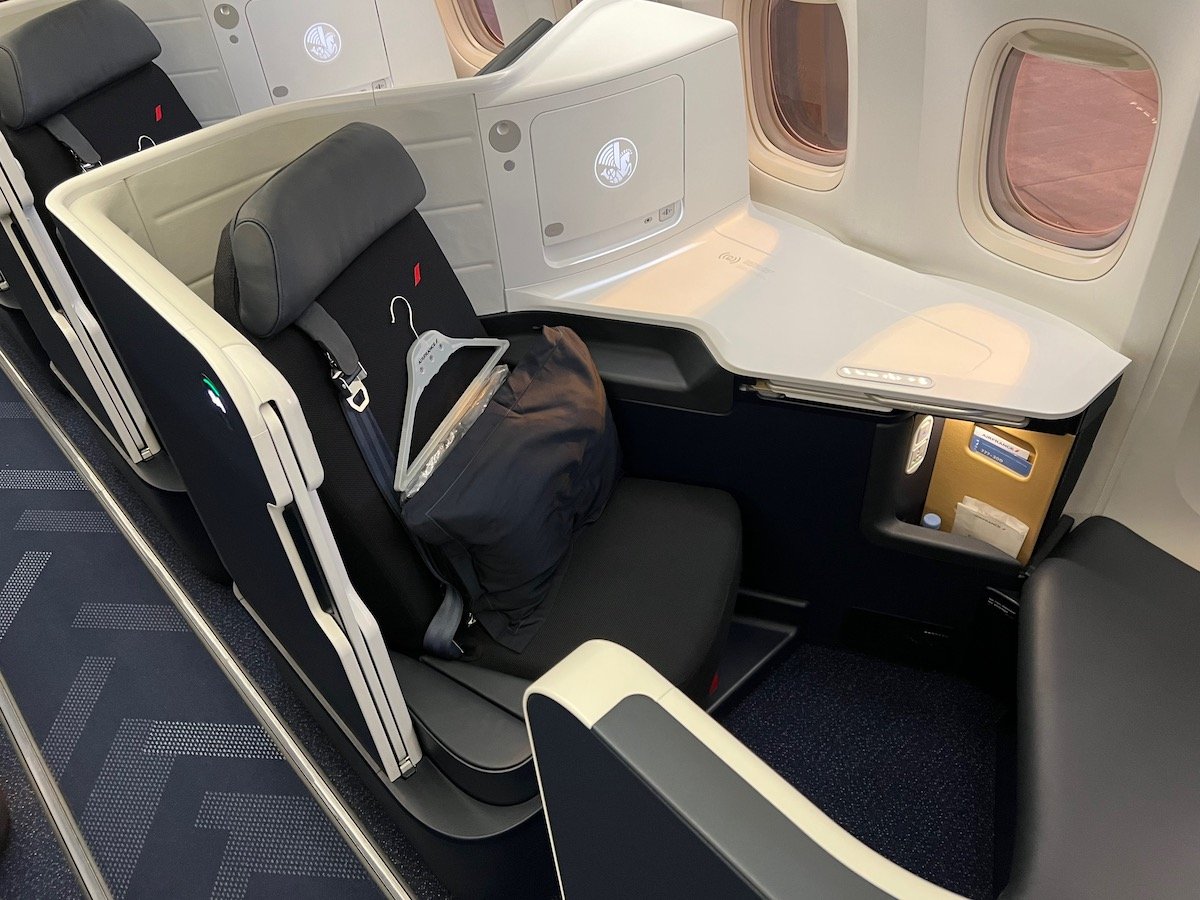I’m always fascinated by the business side of miles & points. Loyalty programs can be huge profit centers for airlines and hotel groups, and the more we know about the economics of these programs, the better we can understand the evolution of credit card rewards.
While airlines and hotel groups have SEC filings that reveal some information about their loyalty programs, for the most part, we’ll never learn the real nitty-gritty of the economics.
Some time ago, I wrote about how much airlines pay for partner award tickets. In other words, when you redeem United MileagePlus miles for an All Nippon Airways first class ticket, how much money is changing hands? For the most part these reimbursement rates are really low (or at least have been historically).
In this post, I’d like to discuss a different topic that’s along similar lines. How much do credit card issuers pay when you convert one of their transferable points currencies into airline miles or hotel points? I’m talking programs like Amex Membership Rewards, Capital One, Chase Ultimate Rewards, and Citi ThankYou. Furthermore, how much do credit card companies pay for points with their co-brand partners?
I figure this is a fun topic to discuss, though let me say upfront that I don’t have any inside information here. Instead, this is just based on some educated guesses on my part, factoring in information that has been shared with me (off the record) over time.
In this post:
The economics of airline & hotel points are complicated
The first thing to understand is that there’s no “one size fits all” answer as to how much credit card companies are paying for airline and hotel points:
- These contracts are all negotiated independently, so it’s not like there’s some set costs at which transfers happen; for that matter, we’ve seen situations where banks have pre-purchased huge chunks of points in advance, when airlines or hotel groups need cash, and presumably those rewards come at a discount
- Airlines and hotels sell points at different costs depending on the partner; for example, airlines sell points at different costs to credit card parents vs. to other third party partners (like shopping portals and dining programs), and the prices can vary materially
- For situations where there are co-branded credit card agreements, credit card companies will often pay less for points that are part of a sign-up bonus, than for points that are earned on an ongoing basis; for these agreements, the cost of providing certain perks (free checked bag, lounge access, etc.) is also a big part of the math
- Points currencies just largely aren’t worth the same anyway; for example, you could convert one Chase Ultimate Rewards point into one IHG One Rewards point or one World of Hyatt point, even though I value the latter three times as much
It’s also worth mentioning that we’ll sometimes see internal accounting valuations of points currencies for these programs. However, that typically doesn’t reflect the revenue from selling these currencies, as the accounting around points currencies is very creative on the part of airlines and hotel groups.

Credit card companies pay more for points than you’d expect
Historically, I’ve generally assumed that credit card companies pay a fairly low cost for airline and hotel points. I assumed that for a few reasons:
- A lot of loyalty program sell points directly to consumers, and you’d assume credit card companies get a significant discount compared to that cost, given the volume
- You’d think the cost would logically be comparable to the other credit card “cash out” redemption options (at least toward travel), since one wonders why cash out redemptions aren’t otherwise lucrative
- Back in the day, my assumption had been that credit card companies are paying an average of maybe just north of a cent for most airline points currencies, since I don’t see how the economics could otherwise work
Anyway, make of it what you will, as none of this is publicly available, but I’ve repeatedly been told that my numbers are too low, and that credit card companies are paying more like 1.5 cents for most airline points currencies, and in some cases even more than that.
As a matter of fact, in some cases credit card companies reportedly pay more for points than consumers could pay directly during a sale, and that just reflects willingness to pay, and how fundamental these partnerships are to the success of credit cards.
Now, admittedly this all balances out a bit. Not all transfer partners are equally costly for credit card companies, with many hotel programs being on the lower end of the pricing. So while some people might transfer points to a partner where the issuer has to pay 1.5 cents per point, others transfer points to a partner where the issuer has to pay 0.5 cents per point.
Anyway, the moral of the story is that based on my understanding, credit card companies are actually paying a lot more for your points than you’d expect. They’re almost always paying more than other third party opportunities to earn points, like shopping portals, dining, and more.

Bottom line
Airline and hotel points are big businesses for banks, and are one of the main ways that they get people to spend money on their cards. While there’s not much said publicly about how the business relationship works, it’s my understanding that banks pay more for points than you might expect.
You’d assume they get absolutely massive volume discounts, but it’s my understanding that this isn’t the case. Apparently many airline points currencies cost banks at least 1.5 cents each, if not more. Again, I don’t have anything official here, but that’s just my understanding, so make of it what you will…
What’s your take on how much banks are paying for airline and hotel points when you transfer them from a transferable points currency?





that's an awfulot of words to say "kinda."
I have some familarity with the industry. The points are purchased at "market value" which is generally at or very close to what OMAT and others show their real value to be. Which is why Delta makes more money selling its points to AMEX than it does as an airline selling airplane tickets.
I can't believe they pay more then 1 cent per point.
Even as a miles and points enthusiast I find it hard to value them much more than 1 cent per point.
Especially with how airlines are refusing to give awards to partners these days I think the tides are changing.
I always doubt how loyalty is bringing money to let's say airlines. I purchase something using Alaska airlines. I get 1 Atmos for 1$ spent. I redeem that for 1.5 - 2¢/point, instead of using cash. Whatever benefit they got from transaction is voided by my award redemption. I am sure what is the profit equation here.
I think it boils down to how most people use points. That is, not too effectively. Readers of this blog are certainly getting better value than most others, but in the grand scheme of things, we are a pretty small minority of business. On the other side, you have whales that accumulate millions of points and never use them. Small minority as well.
Then you have the big middle. They just typically want to get...
I think it boils down to how most people use points. That is, not too effectively. Readers of this blog are certainly getting better value than most others, but in the grand scheme of things, we are a pretty small minority of business. On the other side, you have whales that accumulate millions of points and never use them. Small minority as well.
Then you have the big middle. They just typically want to get some value out of it, and don't really know what value they are getting. Most of them are probably net positive for the card issuer. Since that accounts for the vast majority of card holders, it adds up.
The buyers and sellers have opaque marketing and goodwill expenses in the transactions. You will never know the true valuation.
In a financial disclosure a few years ago, Amex bought Avios for 0.8cpp. maybe that's changed.
I seriously doubt that the cost is more than 1 cpm. We know this because many card issuers have gotten rid of the opportunity to redeem for cash at 1 cpm (citi and wells fargo just recently). If they were paying over 1cpm for points they wouldn't have gotten rid of what is likely to be their most expensive redemption.